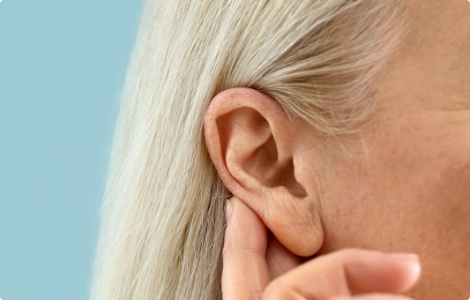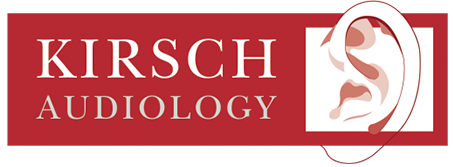Resources
We’re here for you through every phase of your hearing journey; and we’re committed to making every step as easy as possible. Whether you’re looking for hearing information or prepping for your first appointment, this page has you covered.
Patient Links
Everything you need, all in one place.
Below you’ll find everything you need for before, during and after your visit, as well as additional information on hearing healthcare.
Online Hearing Screening
Think You Might Have Hearing Loss?
Take our free, 5-minute online screening to get a better understanding of your hearing health. It can determine if a professional screening is right for you.
Hearing Loss
What Exactly is Hearing Loss?
Hearing loss is the total or partial inability to hear sounds in one or both ears. It happens as a result of the aging process, noise exposure or other health conditions. A diagnostic evaluation is the best way to identify your degree of hearing loss and develop the best treatment plan.


It takes time to adjust to a new hearing instrument. How long this adjustment takes differs from person to person. It will depend on a number of factors, such as whether you have had a hearing instrument before and the degree of your hearing loss.
More on 7 Tips to Better HearingHow do I know if I have hearing loss? How is hearing loss diagnosed? What kinds of tests do audiologists perform? Our FAQ section has answers to questions like these and more. Click to get helpful information to assist you on your hearing journey.
More on Frequently Asked QuestionsIf you’re trying to better understand your hearing loss, a basic comprehension of how the ears work can help. While our auditory system is incredibly complex, this page breaks down key information that can help shed more light on your hearing health.
More on Hearing – How the Ear WorksDid you know issues with your auditory system can impact your balance? That’s why hearing professionals don’t simply treat hearing loss, they also provide solutions for dizziness and a number of other hearing and balance disorders.
More on Hearing and Balance DisordersHearing assistive technology systems (HATS) are devices that can help you function better in your day-to-day communication situations. HATS can be used with or without hearing aids or cochlear implants to make hearing easier—and thereby reduce stress and fatigue. Hearing aids + HATS = better listening and better communication!
More on Hearing Assistive Technology (HATS)Whether you’re a performing musician or an avid concert attendee, taking care of your hearing around loud music is imperative. This guide breaks down your options for hearing protection that won’t compromise your ability to listen for the correct notes, pitches and keys.
More on How to Prevent Hearing Loss for MusiciansTinnitus
Buzzing, whirring or ringing in your ears? It could be tinnitus.
Tinnitus is described as unwanted noises in one or both ears. It’s a common, yet frustrating condition that can dramatically impact quality of life. Luckily, many patients have found relief through treatments that effectively ease their symptoms.

